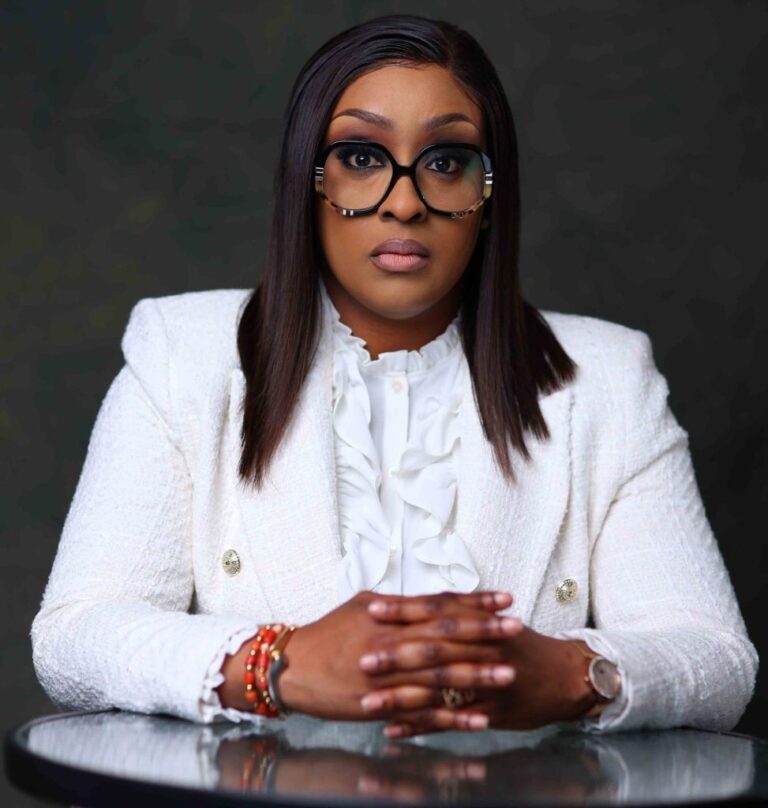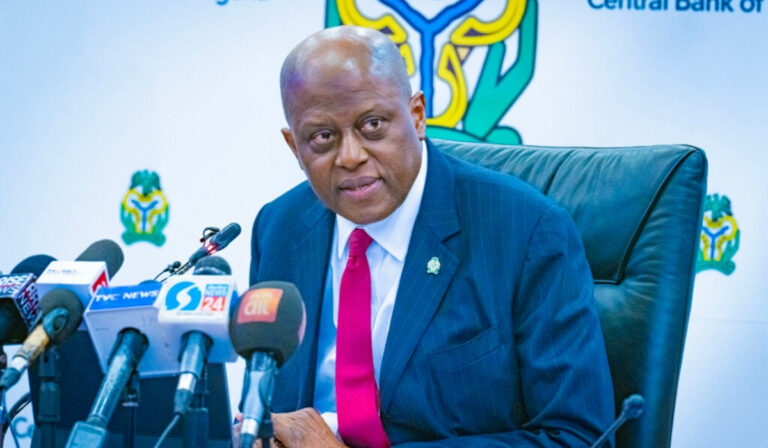
Importing goods into Nigeria is set to become costlier than ever after the Nigeria Customs Service (NCS) revives four percent free on board (FoB) charge and plans licensing fee hike for agents.
The FOB charge, passed as law, is calculated based on the value of imported goods, including transportation costs up to the port of loading. The NCS revived the controversial tariff earlier this month to replace the one percent Comprehensive Import Supervision Scheme (CISS) and seven percent charge on its duties.
It is supposed to “serve investments in technology,” according to Bashir Adeniyi, comptroller-general of Customs. But the immediate effects will be felt further down the value chain.
“Nigerians should brace themselves as they will pay more,” said Sulaiman Ayokunle, a Customs agent and senior special adviser on Media to the Association of Nigerian Licensed Customs Agents (ANLCA) president. “The implication is that whatever they were paying before, there is now a four percent addition on it.”
An import declaration document on a vehicle with an FoB value of N4 million, as seen by BusinessDay, showed a new Foreign Common Surcharge (FCS) tax code, representing the newly revived four percent charge.
The document shows that the importer paid total item taxes of N2.13 million, including a 20 percent customs duty, a 15 percent Nigerian Automotive Levy (for vehicles imports or related parts), a seven percent port surcharge and a 7.5 percent value added tax.
An internal sheet, also seen by BusinessDay, also broke down the ‘Customs Mathematics,’ showing how the four percent FCS would fatten the final bill.
For used vehicles, for example, the total duty is calculated by multiplying the base duty by 2.573, a figure that incorporates the FCS, existing tariffs, levies, and VAT. Trucks, spare parts and even household goods have their own multipliers, each showing the same pattern. The surcharge quietly swells costs, regardless of what is being cleared.
Ayokunle told BusinessDay that the eventual cost will be borne by Nigerians, many of whom are reeling from low spending power with inflation in double digits. “People will factor in prices…Every Nigerian will bear the cost,” he said.
The Customs Service has said this is a price to pay for modernisation, which includes the operation of the B’odogwu platform. In a meeting with stakeholders, the Customs CG said, “We really don’t have a choice…If you want to eat and lick better soup, we must be ready to fund it. Technology is not cheap.”
Now that Nigeria holds the chairmanship of the World Customs Organisation (WCO) Council, Adeniyi said the country must show it can run a trade facilitation system built and managed by Nigerians themselves.
The fees
The FoB is part of import bills flattening, which businesses are being asked to shoulder.
As Nigerians brace for the introduction of new tax laws in January 2026 to ease spending, the NCS plans to review license renewal fees for clearing agents.
BusinessDay understands that clearing agents and freight forwarders face up to a 1,500 percent hike in license fees from January next year, as confirmed to BusinessDay.
Freight forwarders currently pay N215,000 with additional N15,000 to each NCS command annually for renewals, but they will now pay N4 million. Those seeking to obtain new licenses, which currently costs N600,000, will need to pay N10 million each.
Customs says the review is intended to “reflect prevailing economic realities, including the value of exchange rates, address operational demands,” in line with Sections 103 and 107 of the Nigerian Customs Service Act 2023.
Higher licensing fees mean a higher cost of doing business. The heat is eventually felt by importers who will pay more for services and pass them onto consumers who will bear the final burden.
“Once it affects renewal, it will affect importers. They pay more and transfer it to the final consumers,” a clearing agent told BusinessDay.
“It’s a shame,” he said. “There is no reason for it. If the economy is bad, we feel it more than the customs, and we don’t cosT
Customs said compliance with the reviewed licenses qualifies agents for ‘premium perks’ that include “priority processing, better engagement channels with Customs officers, and deeper integration with upgraded digital platforms.”
(BusinessDay)


